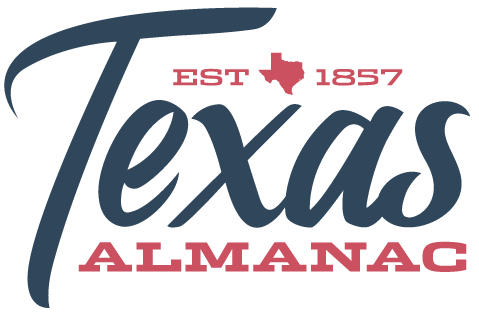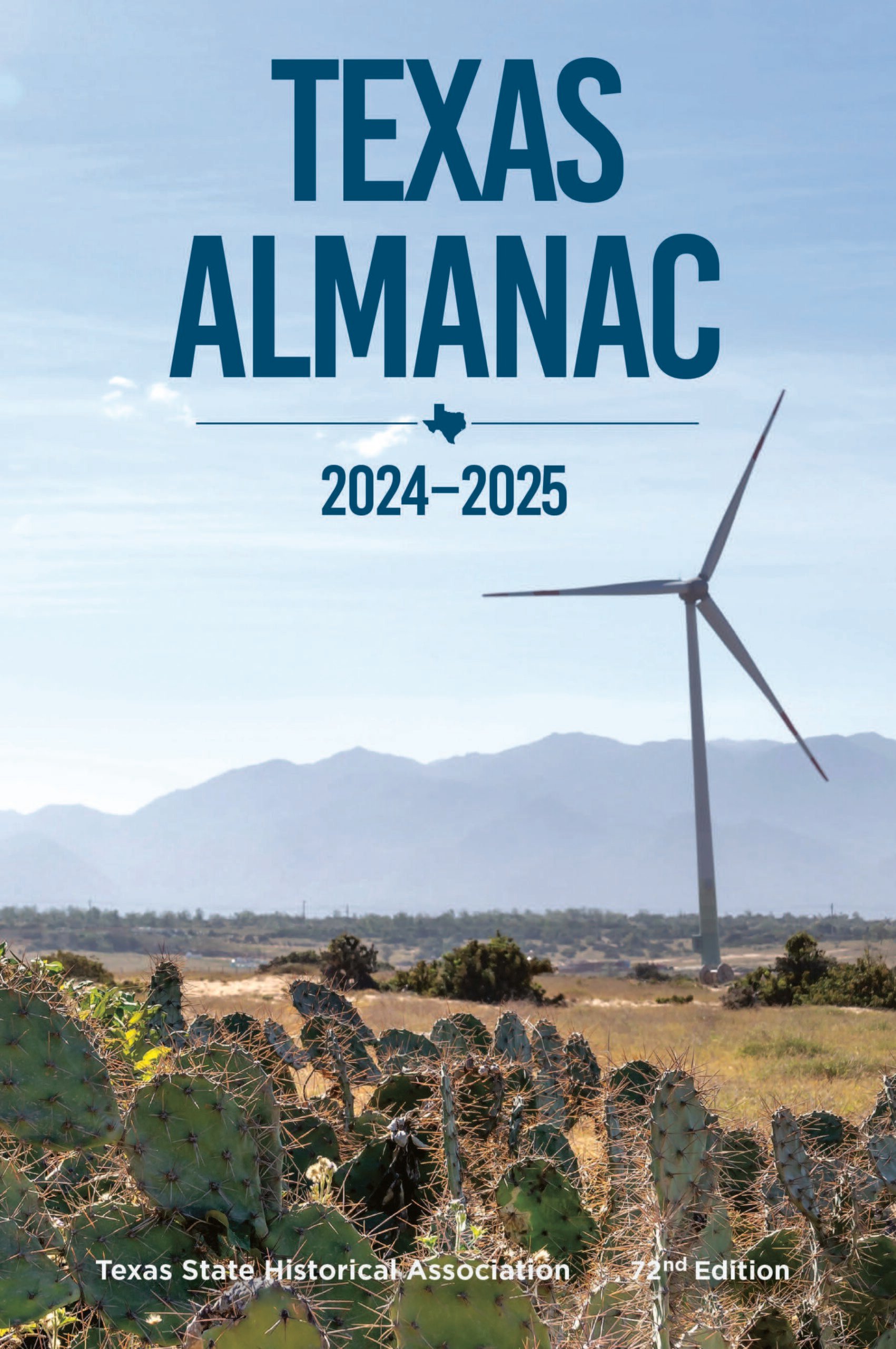Mobile
Mobile was four miles northwest of Colmesneil and one mile west of Billiams Creek in northwest Tyler County. There a sawmill was operated by Sam Allen during the 1880s and 1890s. John Donovan became a one-fourth owner and manager of the mill after buying a team and contracting to provide logs to the mill. Allen later sold the mill to W. E. Trotti, who operated it until 1900, when it was sold to John Henry Kirby. A country school antedated the mill at Mobile. David Enloe, the son of Ben Enloe, a settler, was an early teacher. Before Mobile as such came into existence, the children of the Mann, Seamans, and Enloe families attended school there. The Mobile post office was established in 1883, one of a number of new company post offices started in the wake of the coming of the railroads; F. K. Wise was the first postmaster. The post office closed in 1925. Mobile was listed as School District No. 22 of Tyler County in 1917. As late as 1925 it had a population of twenty-five.
In its heyday Mobile had a commissary, a dance hall, a planer with the sawmill, and a vast lumberyard. The Futch family kept a boardinghouse. Lee Weathersby was the mill boss, and Oscar Sisk managed the commissary. Mobile was served by the Waco, Beaumont, Trinity, and Sabine Railway line. The town dwindled and disappeared shortly after 1925, when the timber had been cut out. Today the Hickory Grove Cemetery is all that is left of Mobile and its woods camp.
Megan Biesele | © TSHA

Adapted from the official Handbook of Texas, a state encyclopedia developed by Texas State Historical Association (TSHA). It is an authoritative source of trusted historical records.

- ✅ Adoption Status:
- This place is available for adoption! Available for adoption!
- Adopted by:
- Your name goes here
- Dedication Message:
- Your message goes here
Belongs to
Mobile is part of or belongs to the following places:
Currently Exists
No
Place type
Mobile is classified as a Town
Has Post Office
No
Is Incorporated
No

